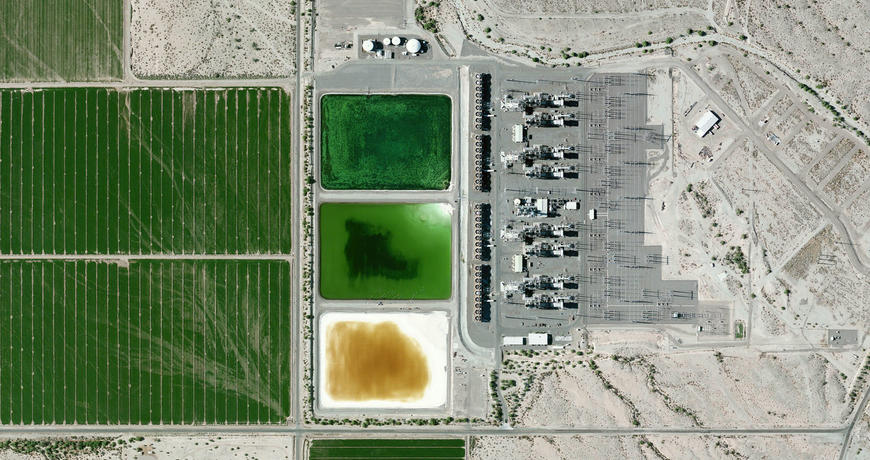

Not all destruction is creative – the steirischer herbst conference looks into the question of what needs to be preserved and what needs to be fought for.

Shuttle Service
Graz – Leoben – Graz
10:30: Hotel Europa Graz /
Bahnhofgürtel 89 / 8020 Graz
18:00: Porubsky Halle /
Einödmayergasse 31 / 8700 Leoben
Registration until Fri 09/10:
tickets@steirischerherbst.at
Free of charge
German and English language
With Lara Almarcegui (ES/NL), Helmut Antrekowitsch (AT), Aleida Assmann (DE), Heba Y. Amin (EG), Gülsen Bal (TR/UK/AT), Regine Dura (DE), Marina Fokidis (GR), Silvia Fehrmann (AR/DE), Tessa Giblin (IE/NZ), Stefan Heidenreich (DE), Charles Heller (GB) & Lorenzo Pezzani (IT) / Forensic Architecture, Hans-Werner Kroesinger (DE), Madeline Ritter (DE), Manfred Schneider (DE), Christian Schwägerl (DE), Michael Seemann (DE), Walter Seidl (AT) u. a.
Hosted by Thomas Edlinger (AT)
Curated by Christiane Kühl (DE)
Our legacy for future archaeologists is increasingly narrowing down to two things: our waste and the Cloud. We will have filled up the oceans with plastic, contaminated the soil with plutonium and stored yottabytes of, by then unreadable data. Interestingly, this tense is called “Future Perfect”.
The fact that we only conceive of the future as a dystopia is because we see tomorrow as an extension of today. However, the future can be completely different. “Future Perfect” sets out to imagine this difference. Not by demanding disruption and constant (self-)reinvention, but by looking at the totality of relationships in which we find ourselves. Contrary to the capitalist assertion, not all destruction is in fact creative. Sometimes something is simply gone – resources, life-forms, options for the future.
In lectures, artist presentations, discussions and a large-scale expedition, “Future Perfect” looks into the material and immaterial legacy that needs to be preserved, discovered or finally realised. What will we have to have provided for, fought for, to ensure that the future will be a good one, if not perfect, beyond the horizon of our own time? What role is played by cultural memory, digitalisation, legal order and wealth, but also speculation, subversion and artistic practice? And what makes us even think that future generations will still care about our values?
steirischer herbst
Head of project management Dominik Jutz
Project management Barbara Thaler
Technical management Karl Masten